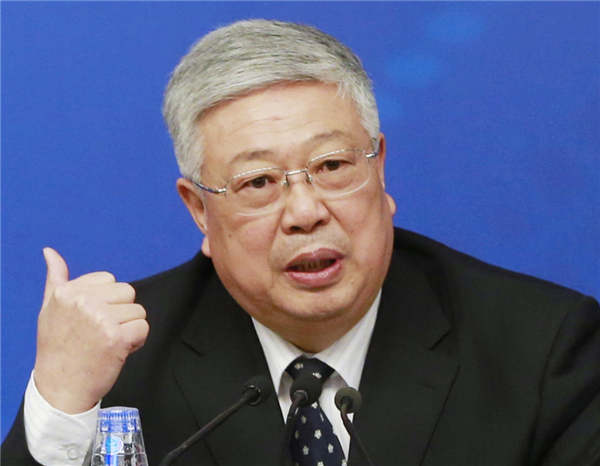 |
|
Li Liguo, minister of civil affairs |
Western styles
The issue reflects the trend of imitating Western-style architecture and the pursuit of managed landscapes for living environments that accompanied China's urbanization boom. In recent years, high-end residential complexes constructed in European and other architectural styles have multiplied in cities and suburbs across the country.
For example, "Thames Town" in Shanghai is an English-themed residential compound about 30 kilometers from the city's downtown. Built in 2005 and designed by Atkins, a global engineering consultancy headquartered in the United Kingdom, the luxury residential area is home to accurate replicas of Tudor frontages, cobbled streets and Edwardian townhouses.
The compound, in the city's Songjiang district, was part of a project by the Shanghai municipal government to re-house 500,000 people in nine new satellite towns, each built in a different style. Other Western-themed developments have also been built in Shanghai's suburbs, including "Holland Town" and others in the styles of Italian, Canadian and Scandinavian architecture.
Although the practice may seem harmless, critics argue that some names are ridiculously exaggerated and may even be designed to deceive home buyers. In Zhengzhou, for example, "Vienna Woods" consists of just a couple of trees and "Venice Watertown" is a small pond.
Commentators on social media platforms are divided over the issue. Some have pointed out that residential buildings are part of geographical locations, so the names of the buildings should adhere to national standards, while others believe that real estate companies should be allowed to call the buildings they have developed by whatever name they choose.
"The naming of residential buildings should be in line with the rules set forth by the State Council, as well as bylaws issued by the Ministry of Civil Affairs," said Liu Lian'an, a professor at the China Institute of Toponymy (the study of place names).
|
|
|
|
|
|
|
|
